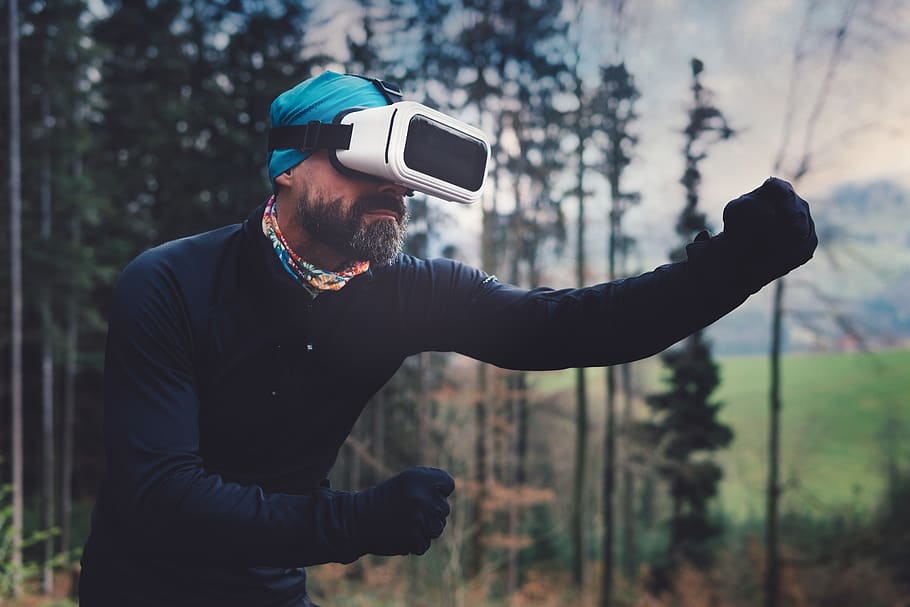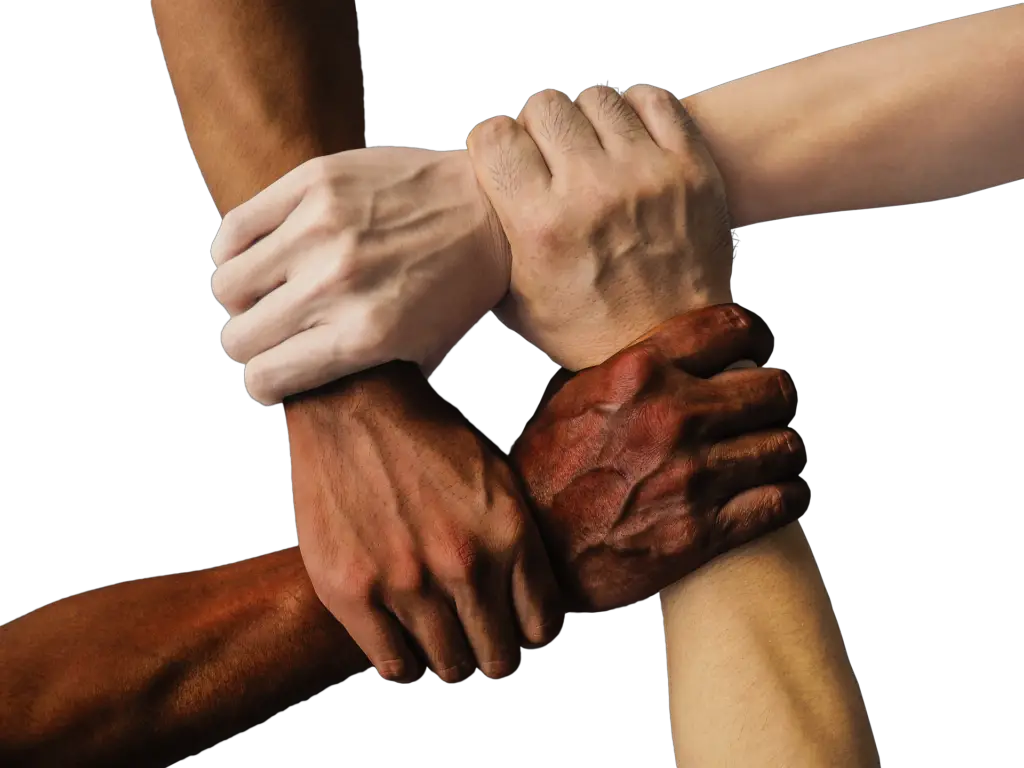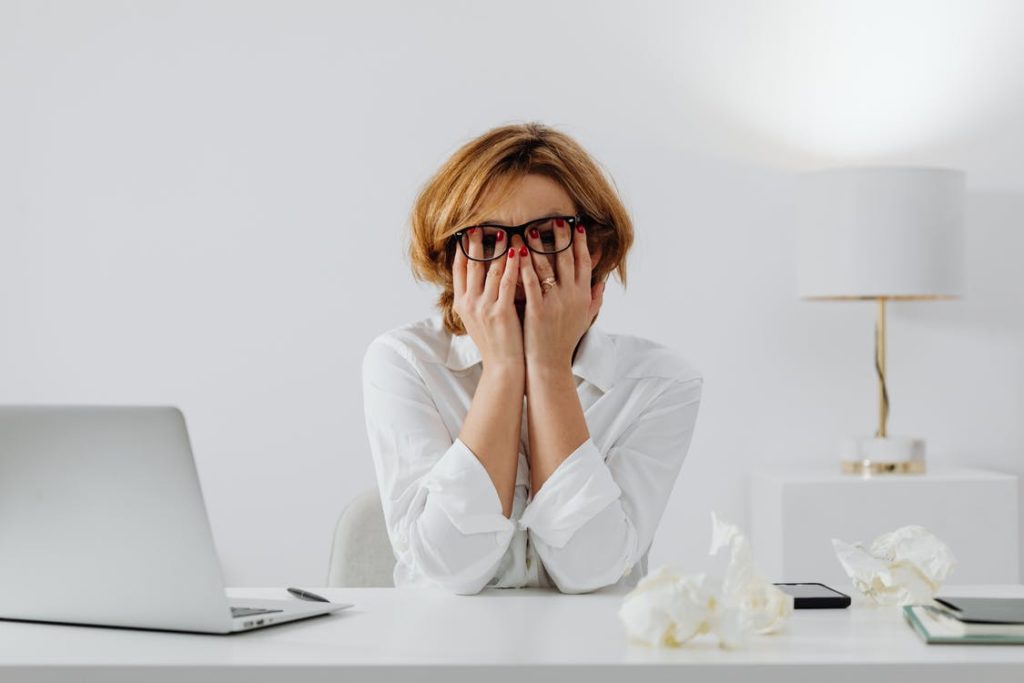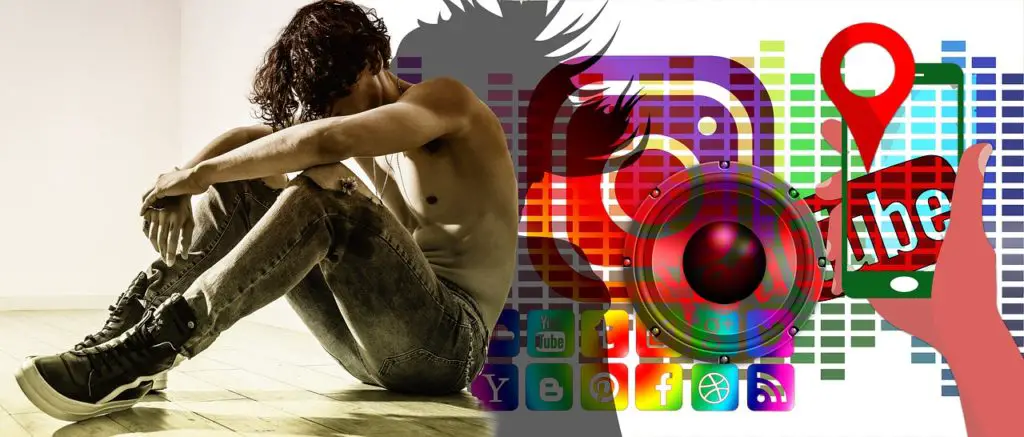Technology has changed our lives in numerous ways. We can now contact people around the world with the touch of a button or find the answer to a question without going to a library to check a physical encyclopedia. However, using technology as much as we do, has certainly affected our mental health.
There are several ways that our mental health has been changed by the use of technology. There are some beneficial aspects to technology in relation to mental health, in addition to the negative effects that are more commonly discussed.
Positive Changes from Technology
There are some great benefits of technology for our overall mental health and wellbeing. Sometimes the benefits are disregarded, and there tends to be more focus on the negative aspects of technology as far as mental health is concerned. However, it is important to look at the positives as well.
1. Mental Health Apps
One of the ways that technology may help our mental health is through the use of mental health apps. There are apps that have developed and improved for the last decade or so.
There are different types of apps available. Some allow us to match with a therapist and speak with them for therapy from the comfort of our homes. Others utilize a bot or guide us through techniques that may benefit our mental health.
Not everyone has access to quality mental healthcare, and these apps can increase access to people around the world. Not only that, but some people may feel more comfortable speaking with a therapist when they can do so on their computer inside their own home.
To learn more about therapy and to find an online therapist, check out this link: https://www.betterhelp.com/advice/therapy/six-different-behavioral-therapies/
2. Virtual Reality

Virtual reality, or VR, is progressing, and experts are developing uses for mental health. VR can possibly be used to desensitize patients who have PTSD because it can create a realistic depiction of their triggers. This can aid in the development of coping skills that they can learn through therapy. VR may also be used for those who suffer from depression, anxiety, and other mental health issues.
3. Online Support

There are support groups available online so that people can speak with others who share similar issues. This may be more comfortable for people who do not want to be associated with the stigma that may come with them going to a support group in their own city. It can also give access to more people who share similar issues that may not be available otherwise.
Also read: 16 Best Health Apps for Android
Negative Changes from Technology
There are also some negative aspects of technology in relation to our overall mental health. It is good to be aware of these and the ways that you can reduce the likelihood that your mental health will be impacted by your use of technology.
1. Isolation
Social media, texting, and email are all social interactions using technology. These are supposed to bring us together, and in some ways, they do. This technology allows us to speak to, or even see, people that we would not be able to interact with otherwise. However, there are also some downsides related to isolation.
One study found that people who used social media more were more likely to feel isolated. It appears that social media and other interaction that uses technology is not an adequate substitute for seeing people in person. Face-to-face interaction is important for our overall mood, wellbeing, and mental health.
Make sure that you socialize in traditional ways. Try to do something with friends or family at least once a week. Even if you do not have the time to socialize without technology for hours every week, every little bit may help you improve your mental health and wellbeing.
2. Increased Depression and Anxiety

There is a connection between social media use and depression and anxiety. However, it did seem that positive interactions on social media did reduce levels of mental distress. Those people who had negative interactions had higher levels.
There is also evidence to suggest that there is a correlation between the amount of time a person spends using technology and their anxiety levels. In fact, one study showed that teenagers who increased their technology-related activities had a decrease in mood and wellbeing.
3. Lowered Self-Esteem
There are several different hypotheses as to why this correlation exists. Some believe that social media can contribute to low self-esteem. Social media allows us to see videos and photos of other people. However, these images, posts, texts, and videos do not show an accurate depiction of other people. They are typically more positive because that is what the person wants the world to see and perceive.
Furthermore, we may feel an urge to post often in order to be perceived as successful or to show the world that we are doing well. This can cause us to have an unhealthy relationship with social media and to post anything positive that is happening in a person’s life.
Some seem to have increased anxiety about the online image that they are creating and their ability to be liked and accepted. Negative comments may also influence self-esteem. This is especially true if there are negative comments on a picture that the person thought was positive.
4. Internet Addiction

Addiction to the internet is a concern among many experts, and it is associated with a lot of symptoms that are similar to traditional addictions to things like g*mb*ing. Internet addiction can make it harder for a person to communicate effectively or to focus on important tasks. It may even contribute to depression, low self-esteem, anxiety, isolation, and other mental health issues.
Internet addiction may also lead to fear about being disconnected or without a device. A lot of people never go anywhere without their smartphone and have internet access available virtually anywhere that they go. Our entire lives are on our phones, and people may immediately turn to their devices when they are anxious, bored, or lonely.
People may use their technological devices as a way to cope with stress, anxiety, or other things that may cause distress. Social media, games, or other uses may be a means of escape from the reality that is stressful or that triggers anxiety and other negative feelings.
The constant connection to the device may even increase these negative feelings. Furthermore, when we use technology to avoid a negative feeling, we may reinforce that behavior which can lead to more addiction and mental health issues. When we use technology, we may be rewarded with something positive on the internet that reinforces unhealthy coping behavior.
It is a good idea to set boundaries on the internet or smartphone usage. Try not to use your device when you are socially interacting with people in person. You may even want to practice mindfulness in order to resist the urge to reach for your device when you become stressed, anxious, bored, or lonely.
Also read: 15 Best Apps to Stop Your Smartphone Addiction
4. Gaming Addiction
Online games can be addictive. They can provide instant gratification and even a sense of community. However, they can also distract us from more important things. In addition, someone may feel like anxiety when they do not win or if they do not have the time to play a game as often as they wanted to.
5. Constant Messaging
Our technology has allowed us to be constantly connected at all times. We can interact with friends, family, and coworkers throughout the day and into the night. Being able to connect with work activities or check work email from home may cause increased stress. It also does not set the necessary boundary between work life and personal life.
We may also have anxiety related to this because we feel like someone can always respond and should do so. Then, if someone doesn’t respond quickly, we may feel like they are uncaring or have anxiety about the reason why they have not messaged back.
Technology & Mental Health Tips
First, it is important that you lead a healthy lifestyle. Eating nutritious foods, getting enough sleep, and exercising regularly can improve both mental and physical health. However, there are also some things that you can do that relate directly to our technology and the amount that we use it.
It may be a good idea to set times during the day that you do not use your phone at all. This may be during family time, before bedtime, or when you first wake up in the morning. Setting these types of boundaries can go a long way to reduce our reliance on technology.
Also, try to spend time doing things that are not related to technology. Instead of playing a video game, go for a walk. You may want to pick up a new hobby like playing guitar, drawing, or writing.
Some people seem to benefit from taking an entire day every week where they go without technology. This may be difficult, but it can help you connect to the people around you and break unhealthy habits related to technology.
Finally, you may benefit from removing technological devices from the bedroom. Research indicates that the use of technology before bedtime can disrupt sleep cycles, and sleep is important for overall health. Adequate sleep can help us reduce the feeling of anxiety and sadness.
Final Thoughts on Technology and Mental Health
Technology has altered our lives in so many ways, and there are both positive and negative effects on our mental health. We can utilize technology to improve mental health, but it is important to set boundaries for the amount of time we spend using phones and other devices. Just setting limits and boundaries can go a long way towards improving mental health. However, if you feel like you cannot cope with your mental health issues on your own, then you may want to get in contact with a mental health professional.
About Author: Marie Miguel has been a writing and research expert for nearly a decade, covering various health-related topics. Currently, she is contributing to the expansion and growth of a free online mental health resource with BetterHelp.com. With an interest and dedication to addressing stigmas associated with mental health, she continues to target subjects related to anxiety and depression specifically.

